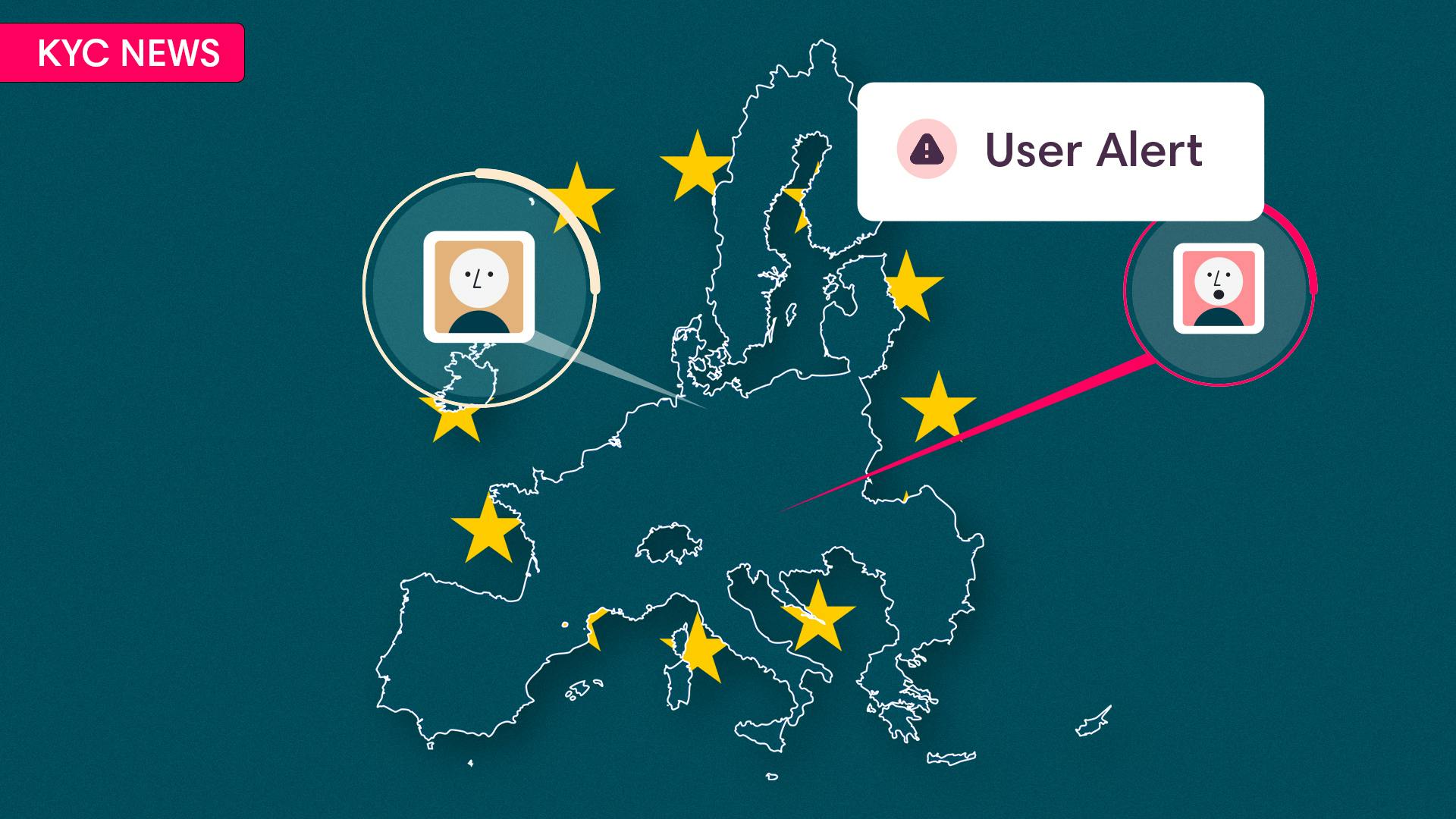How will the EU’s new AML authority help transform AML/CFT supervision?
As part of recent European Union proposals to strengthen AML & CFT regulations, they will look to establish an anti-money laundering authority. When will the AMLA be launched, and what will it do? Find out below.


Chris Hooper
On 20 July 2021, the EU Commission presented a package of legislative proposals that will strengthen the EU’s anti-money laundering and countering financing of terrorism (AML/CFT) rules.
At the heart of this package was the creation of a new EU authority that will transform AML/CFT supervision and will also help enhance cooperation among financial intelligence units (FIUs).
What is the new AML authority?
The new AML authority will be a decentralized EU regulatory agency known as AMLA. Its job will be to ensure that the private sector correctly and consistently applies EU rules while coordinating with the national supervisory authorities. As a result, it will become the center of an integrated system of national AML/CFT supervisory authorities.
In the non-finance sector, it will have a coordination role for supervisory authorities. Meanwhile, in the financial sector, it will directly supervise financial sector entities that are exposed to the highest risk of money laundering and terrorism financing. When it comes to FIUs, the authority will establish standards for reporting and information exchange. It will also host a central online system, FIU.net.
Overall, AMLA will:
- Establish a single integrated system of AML/CFT supervision across the EU
- Directly supervise some of the riskiest cross-border financial institutions operating in multiple Member States
- Monitor and coordinate national supervisors responsible for other financial entities, as well as coordinate supervisors of non-financial entities
- Support cooperation and collaboration among national FIUs
- Facilitate coordination between FIUs to help detect illicit financial flows that cross borders
When complete, it’s estimated that the new authority will have around 250 members of staff, with around half of these directly supervising certain obliged entities.
When will the new authority be operational?
The European Commission believes that AMLA will be established in 2023. However, it will take time before the authority becomes fully operational. It’s currently estimated that AMLA will start most of its activities in 2024 and will be fully staffed by 2026. However, it can only start its direct supervision when a harmonized rulebook has been created and applied. As a result, it will more than likely be another five years before it is functioning as intended.
Speak to Veriff about your AML processes today
If you’re concerned whether your business complies with AML legislation, then speak to us today about our full-stack AML and KYC solution. By employing identity verification alongside PEP and sanctions checks, you can show regulators that you take financial crime and compliance seriously.


